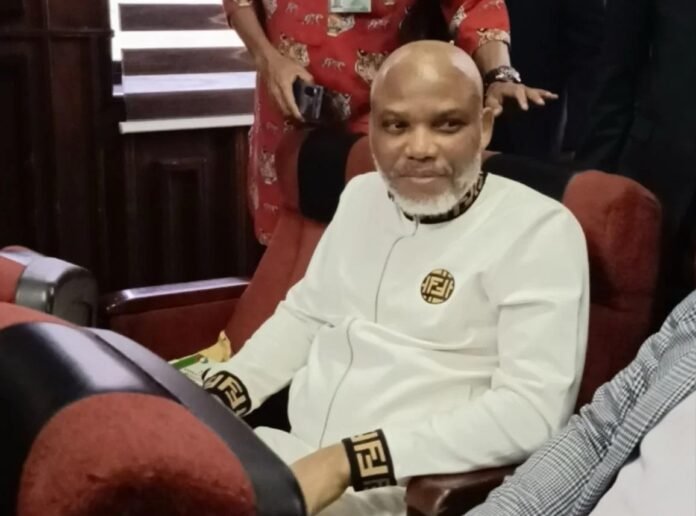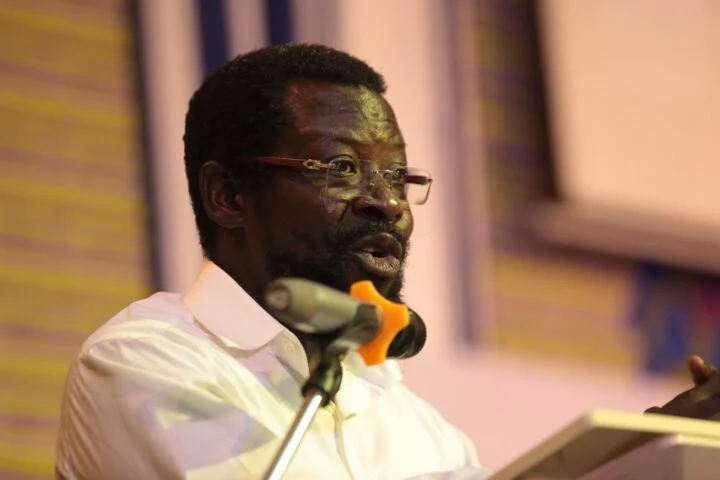Lawmakers representing the South-East in Nigeria’s House of Representatives have urged President Bola Tinubu to exercise constitutional discretion by granting a presidential pardon to Nnamdi Kanu, leader of the Indigenous People of Biafra (IPOB).
Meeting in Abuja on Monday, the caucus argued that Nigeria has historically relied on presidential magnanimity to heal divisions and restore peace during moments of national strain.
They cited Section 175 of the 1999 Constitution, which empowers the President to grant pardons, noting that some conflicts are better resolved politically than through rigid legal processes.
“Our constitution anticipated that the bare dictates of the law may sometimes prove insufficient in tackling complex issues that are better handled politically via presidential discretion,” the lawmakers said.
Call for Healing and National Unity
The caucus insisted that clemency for Kanu would symbolize inclusive leadership and send a message that dialogue remains possible even in difficult circumstances.
“An act of pardon would resonate deeply across the country as a symbol of fairness and leadership that prioritizes healing over division,” they stated.
They argued that such a gesture could open pathways for constructive engagement between the Federal Government, elected leaders, and community stakeholders, creating space for durable peace.
Highlighting the toll on the South-East, the lawmakers pointed to closed markets, interrupted schooling, reduced commercial activity, and widespread fear. They described the situation as a humanitarian burden that requires political resolution.
“Beyond its political nature, this matter has taken a deep emotional toll on families, communities, and the general population. A political resolution would ease these human burdens and allow communities to return to a dignified life,” the statement read.
Political and Humanitarian Intervention
The caucus emphasized that their appeal is not only legal but moral, urging Tinubu to consider pardon as an investment in Nigeria’s long-term peace and cohesion.
They underscored that presidential clemency would align with Tinubu’s responsibility to promote national unity.
“After extensive deliberation, the caucus resolved to humbly appeal to the President to consider a political and humanitarian intervention using the constitutional powers granted under Section 175 of the 1999 Constitution,” they said.
Nnamdi Kanu was sentenced to life imprisonment on November 20 by Justice James Omotosho of the Federal High Court in Abuja.
His trial has remained a contentious issue in Nigeria, sharply dividing opinion from the Southeast and Southsouth blocs of Nigeria where he enjoys significant sympathy from the other parts of the country.
Critics warn his continued incarceration risks deepening regional grievances and reigniting insecurity in the Southeast and Southsouth.
Rate, Like 👍, Comment 💬, Share this article, Follow us on our social media handles, and Submit your own story to get featured and earn rewards!







